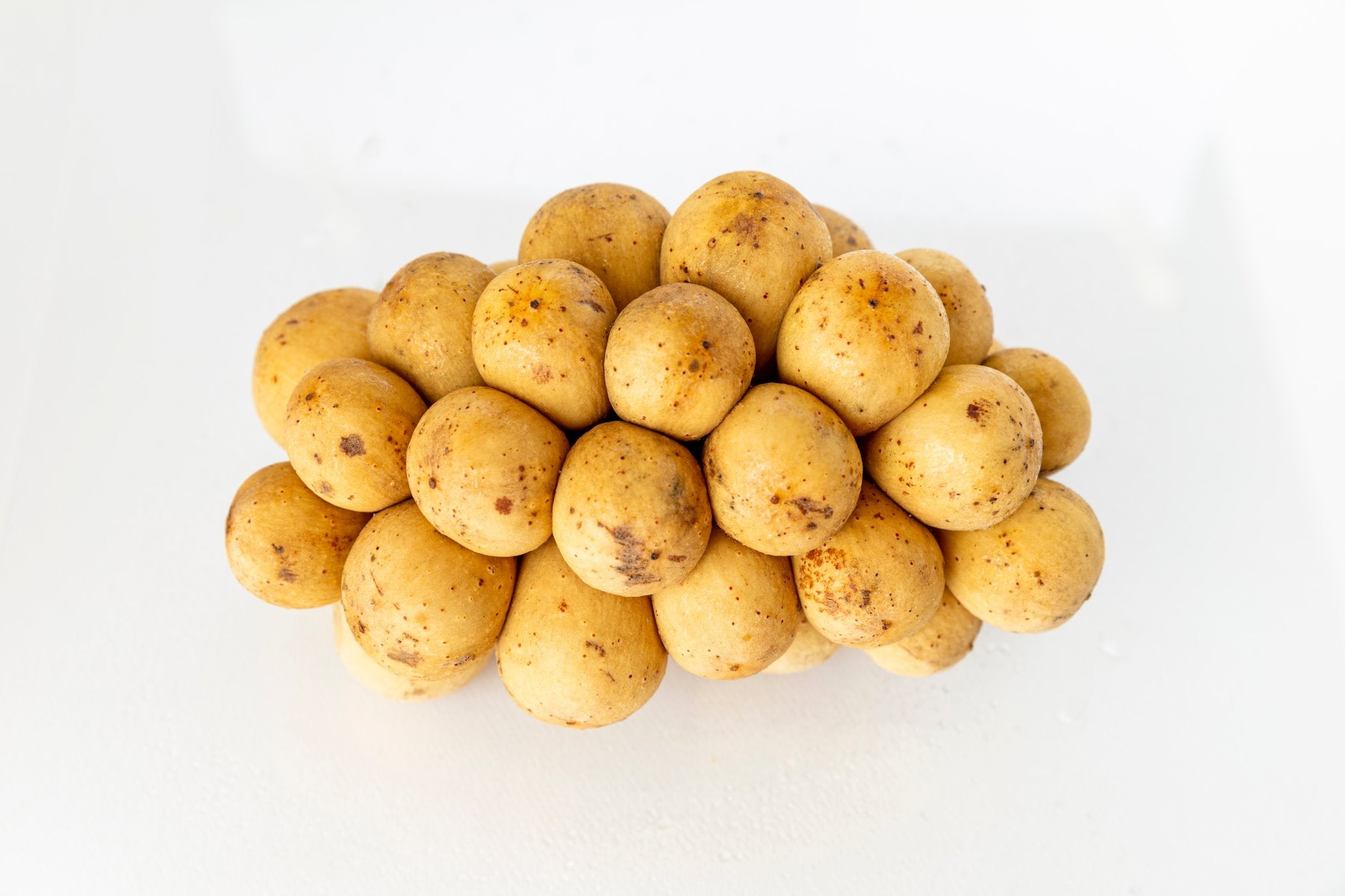The Process of Homemade Vodka

The Process of Homemade Vodka
The ingenuity involved in the production of vodka goes much deeper than the accompaniments or constituents used. If you have tried to become a specialist or want to try it out, it could be just the right time for you to produce your favorite drink at home. While it need not necessarily be for the real vodka, it would be unfair not to mention it here.
How to make homemade vodka
To get started, you need to sort out the accompaniments for fermentation. In most cases, you can make vodka from several raw materials, including; barley, rye, potatoes, wheat, or corn. Molasses and sugar may also be included in other components or used alone. Whichever your choice is, your mash must consist of starch and sugar to produce alcohol.
The good thing about vodka production is that you can introduce your fixings to adjust and improve the flavor. Yeast catalyzes starches or the sugars to produce alcohol as well as carbon dioxide.
When preparing vodka from either potatoes or grains, you must make a mash containing active enzymes to help break down starches from vegetables or grains to produce fermentable sugars. Juice from any fruits has natural sugars; there is no need for catalysts such as yeast. Concerning fruit juice, you only need to ferment vodka derived from store-acquired sugars; hence, skipping the mashing process. When you use already fermented ingredients like wine, the component may be distilled instantly into your favorite vodka drink.
Well, depending on the constituents of your mash, you have the option of using more enzymes or not. You may buy the food-grading amylase enzyme precipitate from a local homebrew stockiest and add to your mash to change the starches into fermentable sugars. For instance, this is only applicable in case you are using raw materials such as potatoes. It is always essential to use the correct amount concerning the available amount of starch that requires breaking down. You do not need to apply enzyme-laden grains like wheat or malted barley with enzyme powder at the same time.
For the enzymes to break down any given starch, even the malted, enzyme-laden grain, the carbohydrate should first undergo gelatinisation.
Rolled (flaked) grains are mostly available in gelatinised forms. Un-gelatinised components like potatoes and malted or unrolled grains can be boiled to the required gelatinisation temp of the starch you are using. Typically, vegetables undergo a gelatinisation of up to 66℃ (150ºF). On the other hand, wheat and barley have the same gelatinisation temperatures. Tentatively, while using potato mash, you must ensure that it is heated to a maximum of 66℃ (150ºF), anything above that will destroy all enzymes entirely. In case of low temperatures, you should smoothly shred your potatoes before you add them to water.
Vodka infusion
After making your vodka, you will need to infuse it. It is a phase that makes everything in your creativity to shine. Once you have your vodka, you must consider having it infused with different elements to produce each batch with a unique flavour. It doesn’t matter your favourite – apple, peach, or orange; this is the right time to create what you and your friends are going to enjoy best. Choose whatever flavour you like, and just let things roll out. For those of us who cherish marys, it would be nice to go for horseradish, bacon, pickles, or peppers. Any of this combination will offer a stunning tasting result!













